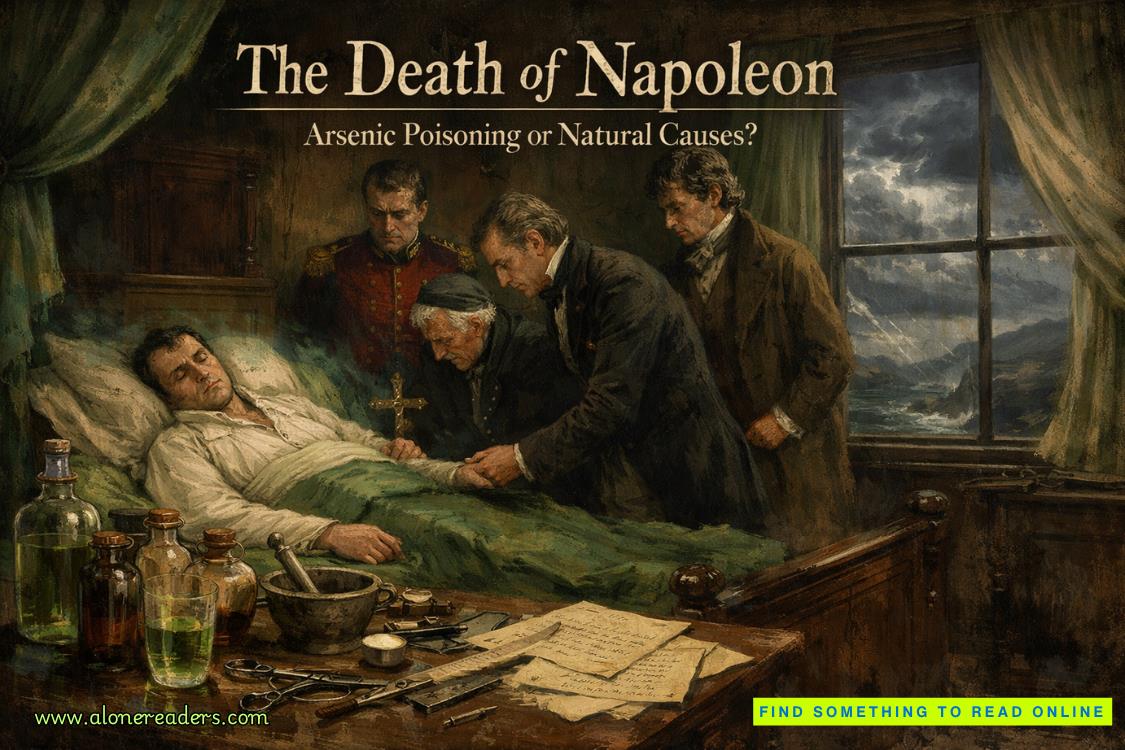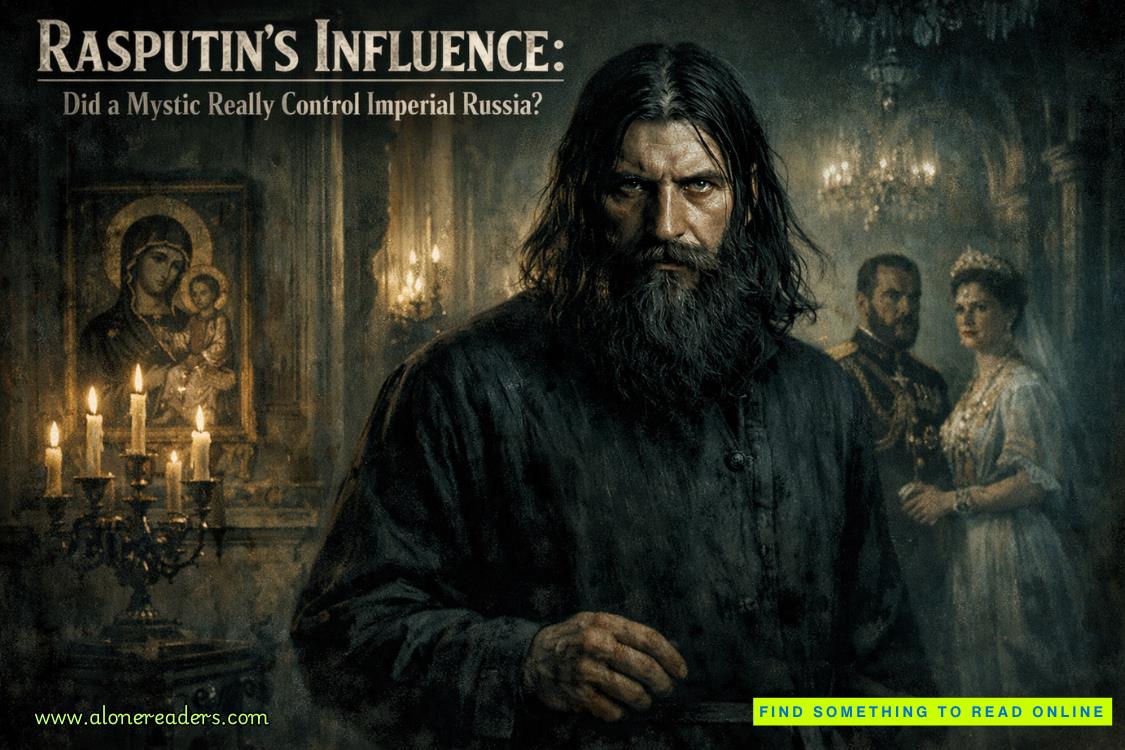“Of course I did,” Kitchens said. “They probably purged it all when I left the company.”
“What about you? Did you purge it all?”
“I’m not answering that.”
“Like I said, we can protect you.”
“No, you really can’t. Not from them.”
“You—”
My phone buzzed again, and I pulled it out of my pocket just to make sure it wasn’t the one person whose call I would accept under any circumstances—my daughter. It was not Hayley, but close. Maggie McPherson had made both calls. I sent this one to voicemail and turned my attention back to Kitchens.
“You don’t understand,” I said. “They are setting you up, Naomi. They have purged you from the project. You’re a redaction. That meansyouare their out. You will be given as the reason there were no guardrails. You were there to keep them on the straight and narrowand you failed. If you don’t come forward, they will throw you under the bus. You understand? Their defense will be this: We had an ethicist on the project and she didn’t say shit.”
I was just riffing, totally contradicting myself and my earlier statements, but I was getting desperate. She had what I needed and I was ready to try anything, say anything to get it. I stopped to see how my words were playing. I saw a slight stress crease start to form between Kitchens’s eyebrows.
“So what I’m hoping is that you kept copies of your work product,” I said. “It would have been against company policy and maybe even illegal, but I’m hoping you documented what you said and when you said it and that you have copies of those documents.”
The stress crease became more pronounced.
“If you did, that’s what I need,” I said. “And I’d love to have you testify, but if that is asking too much, there is a way to make it work without you coming anywhere close to the courthouse.”
“How?” she asked.
She had just cracked open the door. I leaned across the table.
“If you give me material that should have been in discovery, they won’t be able to tell the judge it wasn’t,” I said. “You understand? They won’t reveal they held it back, because the judge would go ballistic. She’d sanction them.”
“And you’re saying I wouldn’t have to testify?” she asked.
“Don’t get me wrong—I want you to testify. I would love for you to testify. And I already broke their standard NDA once on this case. I’m confident I could do it again. But if push comes to shove, and you kept records of the alarm bells you rang that they ignored, that’s all I would need. I could go to court with that.”
“But they would know it came from me.”
“Not necessarily. I’m sure your ethics reports went to all the stakeholders on the project. Any one of them could have kept thedocuments and backdoored them to me. And you don’t have to worry about us. We would never give you up. This guy next to me once went to jail for sixty-three days for not giving up a source in court.”
I put my hand on McEvoy’s shoulder.
“And I’ve spent nights in jail protecting clients myself. After this meeting, we would never have to see each other again. You provide us with your reports, and we take it from there.”
I stopped with that. The offer was on the table. There was nothing more to say.
“I have to think about this,” Kitchens said. “I want to talk to my daughter.”
I nodded and smiled.
“How old is she?” I asked.
It wasn’t just a get-to-know-you question. I wasn’t asking because I had a daughter too but because her child could be a tell. Children are idealistic when young and become pragmatic the older they get. I wanted to know whether Kitchens had a pragmatic daughter who would tell her to play it safe and not get involved.
“She’s nineteen,” Kitchens said. “She goes to USF.”
“What’s she studying?” I asked.
“Psychology. She wants to be a social worker.”
“Good for her.”















